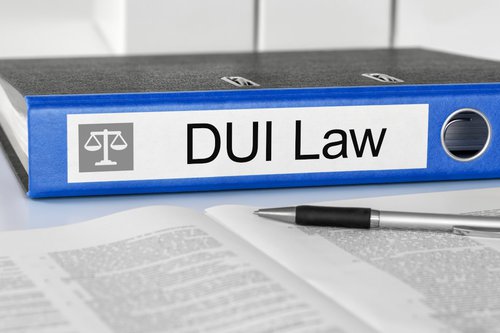The Distinction in between a DUI Charge and Impaired Driving Charge
Introduction
Driving under the impact (DUI) and impaired driving charges are severe offenses that can have substantial legal effects. While these terms are often used interchangeably, it is necessary to understand the distinctions between them. In this short article, we will delve into the subtleties of a DUI charge versus an impaired driving charge, exploring the legal implications and prospective charges associated with each.
The Difference between a DUI Charge and Impaired Driving Charge
Driving under the impact (DUI) and impaired driving charges describe criminal offenses connected to operating an automobile while under the influence of alcohol or drugs. However, there are some key differences in between these two charges.
Definition of DUI Charge
A DUI charge generally refers to driving with a blood alcohol concentration (BAC) above the legal limitation set by the state. In most jurisdictions, this limitation is 0.08%. If a chauffeur's BAC surpasses this limit, they can be charged with a DUI offense.

Definition of Impaired Driving Charge
On the other hand, an impaired driving charge focuses more broadly on any type of problems caused by alcohol or drugs while operating a car. This can include not only exceeding the legal BAC limitation however also exhibiting indications of disability such as slurred speech, unpredictable behavior, or inability to carry out regular tasks.
Legal Implications of DUI Charges
DUI charges are generally considered more extreme than impaired driving charges due to their particular concentrate on blood alcohol concentration. The charges for a DUI conviction differ depending on factors such as prior convictions, BAC level, and jurisdiction particular laws. Nevertheless, typical consequences may consist of:
Legal Ramifications of Impaired Driving Charges
While impaired driving charges are typically thought dui criminal lawyer about less severe than DUI impaired driving lawyer charges, they still carry substantial legal implications. The charges for impaired driving vary by jurisdiction however can consist of:
FAQs
What must I do if I am charged with a DUI or impaired driving?
If you are charged with a DUI or impaired driving, it is important to look for legal representation immediately. Calling a knowledgeable and skilled DUI lawyer or impaired driving lawyer can help safeguard your rights and navigate through the legal process effectively.

How much does a DUI lawyer cost?
The cost of employing a DUI lawyer can differ depending on aspects such as location, experience, and complexity of the case. It is best to consult with different attorneys to comprehend their charge structures and payment options.
What are the different DUI charges?
There are various kinds of DUI charges, consisting of novice offenses, repeat offenses, intensified DUI (including mishaps or injuries), and felony DUI (resulting in severe harm or death). The specific charges depend on the circumstances of the occurrence and jurisdiction-specific laws.
Can I defend myself versus impaired driving charges?
While it is possible to represent yourself in court, it is extremely suggested to look for legal representation for impaired driving charges. A proficient impaired driving defense lawyer can assess your case, collect evidence, and build a strong defense method on your behalf.
What are the penalties for severe DUI?
Extreme DUI refers to cases where a chauffeur's BAC surpasses a specific limit considerably, typically double or more than the legal limit. Penalties for extreme DUI generally include more extreme fines, longer license suspensions, obligatory alcohol education programs, and increased jail time.
How does a DUI charge impact my insurance rates?
A DUI charge can have a substantial effect on your insurance rates. For the most part, insurer think about people with DUI convictions as high-risk motorists, leading to increased premiums and even policy cancellation.
Conclusion
Understanding the distinction between a DUI charge and an impaired driving charge is vital for people dealing with these legal matters. While both offenses involve running a vehicle under the influence of alcohol or drugs, the specific meanings and legal implications vary. If charged with either offense, seeking expert legal representation is crucial to guarantee your rights are safeguarded and navigate through the intricacies of the legal system effectively.